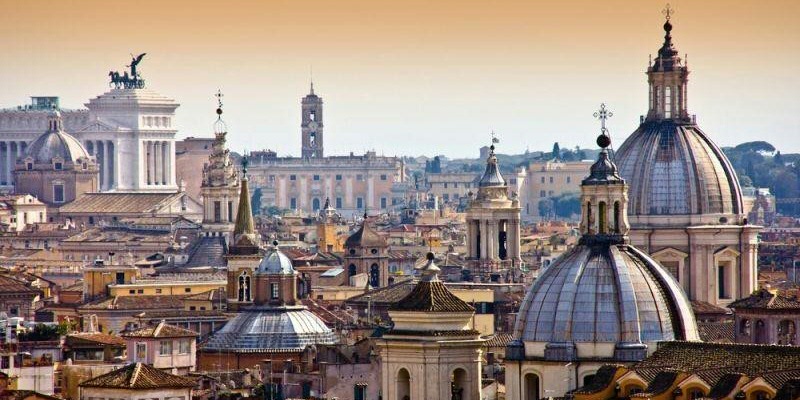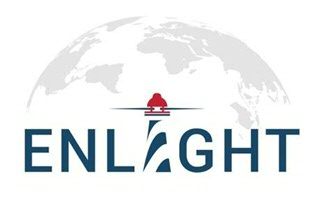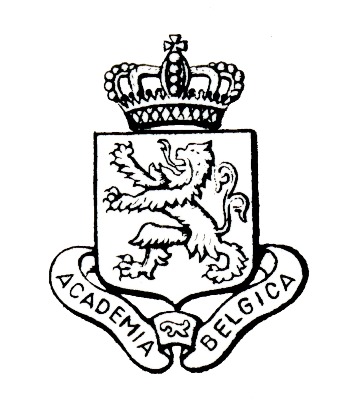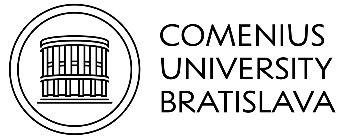The World in Rome

Are you fascinated with phenomena of intercultural exchange and international co-operation? Then this Summer school in Rome might be the thing for you. Rome fascinates for at least two reasons. Firstly, because its millennial history as a real and perceived ‘centre of the world’ provides numerous examples of international networks or communities, either religious, artistic, political and diplomatic, or scientific. Secondly because Rome still lives up to its appellation ‘caput mundi’. Partly thanks to its symbolic value, it is still today a unique cross-cultural ‘hub’, presenting a fascinating window to our globalized world. These historical and contemporary dimensions have many lessons to teach, about respectful international collaboration and fruitful intercultural dialogue, but also about rivalries, conflict, abuse and oppression.
As a unique gateway to this theme, a crucial role in this course is to be played by the foreign academies and institutes in Rome. In their capacity of bridges between tradition and modernity, and between national and supranational perspectives, they form one of the primary subjects of investigation.
The programme will feature lectures by specialists from various disciplines and excursions to many different sites in Rome. Students will actively engage in discussions and deliver an on-site presentation.
The course offers a unique opportunity to get to know Rome as an international hub in past and present; learn about relevant academic concepts and discourse, and – last but not least – to personally experience intercultural exchange and international cooperation in a highly diverse group of staff and students.
This summer school is developed in the context of ENLIGHT, a European University formed by ten comprehensive, research-intensive universities from ten European countries (Belgium, Estonia, France, Germany, Ireland, Netherlands, Slovakia, Spain, Sweden and Switzerland).
Partners




| Last modified: | 25 March 2024 4.27 p.m. |
